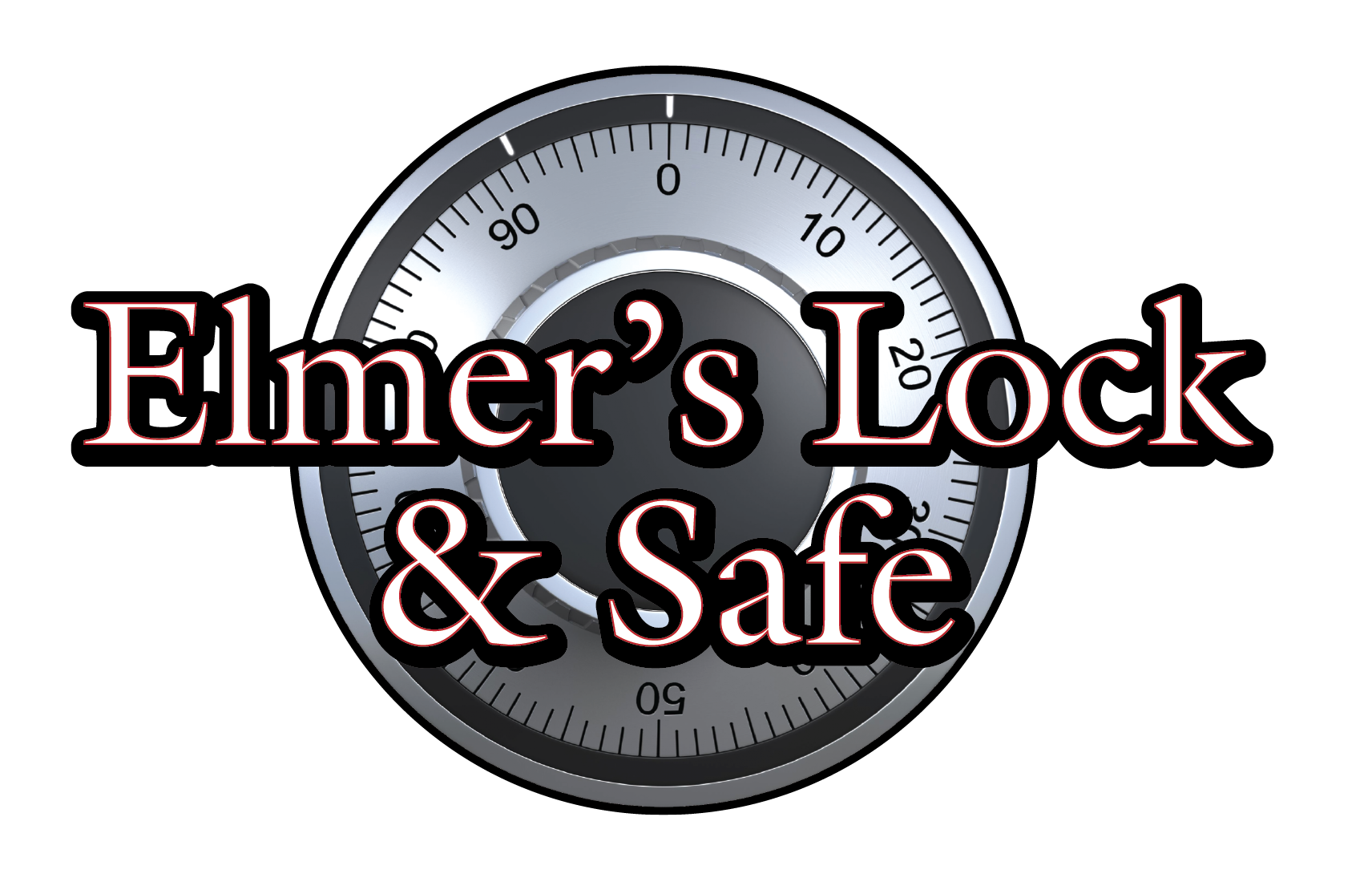A Guide to Changing Locks: What Landlords and Renters Need to Know
Security and peace of mind are paramount when it comes to rental properties. One critical aspect often overlooked is the importance of changing locks. Whether you’re a landlord or a tenant, understanding the nuances and responsibilities surrounding lock changes is crucial for a safe and harmonious rental experience.
For Landlords:
1. Legal Obligations:
As a landlord, it’s your responsibility to provide a safe and secure living environment for your tenants. This includes ensuring that locks are in good condition and promptly changing them between tenants.
2. Changing Locks Between Tenancies:
Whenever a tenant moves out, it’s advisable to change the locks. This not only safeguards the property but also ensures that previous tenants cannot access the premises. It's a proactive step toward maintaining security and confidentiality.
3. Communicate with Tenants:
Inform your tenants about any lock changes. Clear communication helps build trust and ensures they are aware of the alterations. Provide them with new keys promptly to avoid any inconvenience.
4. Professional Installation:
Hiring a professional locksmith guarantees the proper installation of high-quality locks. It’s a worthwhile investment that ensures security and reduces the likelihood of issues arising from improper installation.
For Tenants:
1. Request Permission:
If you wish to change the locks as a tenant, it’s essential to request permission from your landlord first. Most rental agreements have clauses addressing this, so adhere to the terms outlined in your lease agreement.
2. Keep the Landlord Informed:
Suppose your landlord approves the lock change. In that case, ensure they are provided with a copy of the new key for emergency situations or required access, fostering a cooperative relationship and trust.
3. Professional Installation and Return to Original State:
Similar to landlords, tenants should hire professional locksmiths for installation. Also, it's advisable to retain the original locks and reinstall them when moving out to adhere to lease terms and maintain the property’s integrity.
4. Abide by Lease Agreements:
Always review your lease agreement for any specific instructions or clauses related to changing locks. Understanding these provisions will prevent misunderstandings and potential conflicts with your landlord.
Mutual Understanding and Communication:
Ultimately, both landlords and tenants share a common goal – ensuring the security and safety of the rental property. Open communication, mutual understanding of responsibilities, and adherence to legal obligations are pivotal for a harmonious landlord-tenant relationship.
Changing locks is a crucial aspect of maintaining security and confidentiality in rental properties. Landlords should proactively ensure the safety of their properties by changing locks between tenants, while tenants should communicate and seek permission before making any changes. By understanding their roles and responsibilities, both parties contribute to a secure and comfortable living environment. For all of your Omaha Locksmith needs, contact Elmer’s Lock & Safe.


